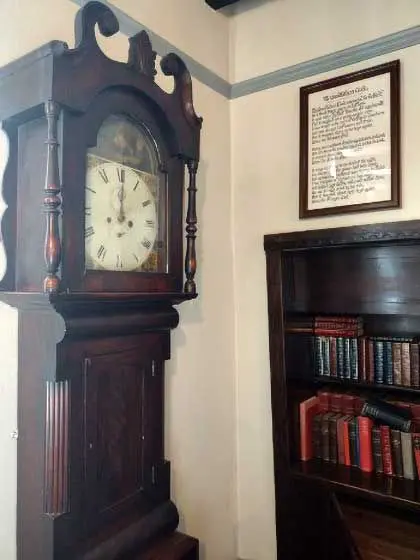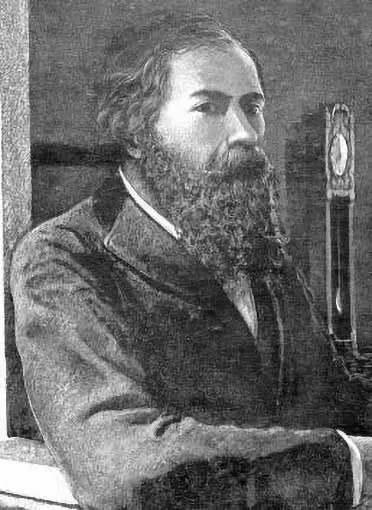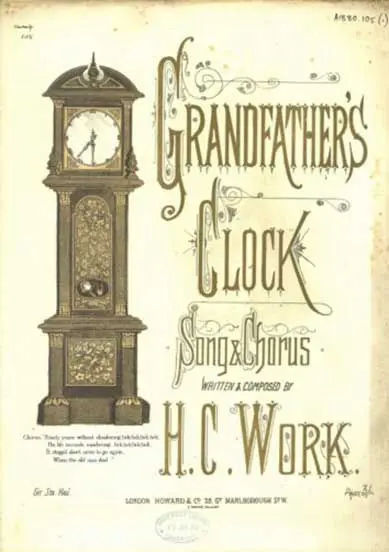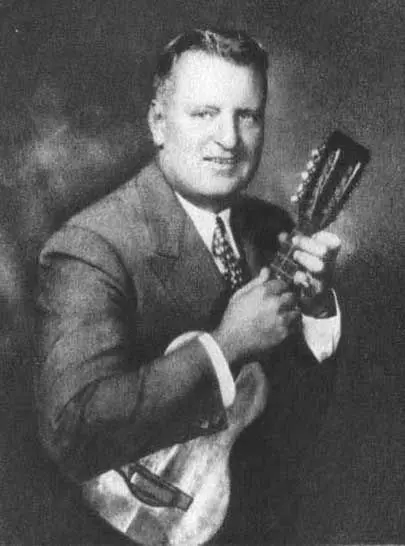My Grandfather's Clock
1. My grandfather's clock was too tall for the shelf
So it stood ninety years on the floor.
It was taller by half than the old man himself
But it weighed not a pennyweight more.
It was bought on the morn on the day that he was born
It was always his treasure and pride.
But it stopped, short, never to go again
When the old man died.
Chorus
Ninety years without slumbering
Tick tock, tick tock,
His life's seconds numbering
Tick tock, tick tock,
It stopped, short, never to go again
When the old man died.
2. In watching its pendulum swing to and fro
Many hours he had spent when a boy.
And through childhood and manhood, the clock seemed to know
And it shared both his sorrow and his joy.
For it struck 24 when he entered through the door
With a blooming, and beautiful bride,
But it stopped, short, never to go again
When the old man died.
3. My grandfather said that of those he could hire
Not a servant so faithful he'd found,
For it kept perfect time and it had one desire
At the close of each day to be wound.
And it kept to its place, not a frown upon its face
And its hands never hung by its side.
But it stopped, short, never to go again
When the old man died.
4. It rang an alarm in the still of the night,
An alarm that for years had not rung.
And we knew that his spirit was pluming it’s flight
That his hour of departure had come.
Still the clock kept the time
With a soft and muffled chime,
As we silently stood by his side
But it stopped, short, never to go again
When the old man died.




